
A meta-analysis exploring factors associated with quality of life in first-episode psychosis provides guidance and take-home points for clinicians.

A meta-analysis exploring factors associated with quality of life in first-episode psychosis provides guidance and take-home points for clinicians.
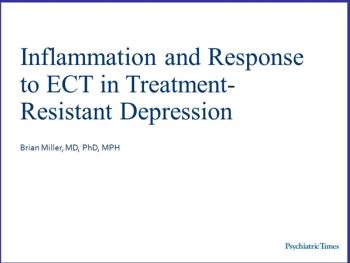
ECT is a highly effective treatment for depression, but a portion of patients fail to respond as hoped. Clinical variables have overall limited utility as a predictor of response. Is inflammation the key?
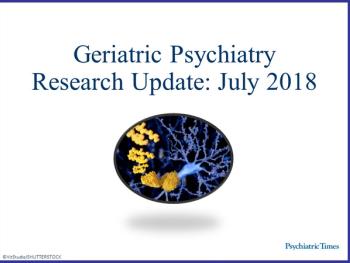
New research suggests that viruses and metals in the brain may exacerbate Alzheimer disease and deep brain stimulation shows promise in slowing cognitive decline.
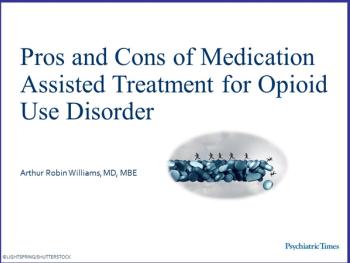
Although these medication-assisted treatments have been approved by the FDA and have strong empiric evidence for superior outcomes, it is important to know the good and the bad.
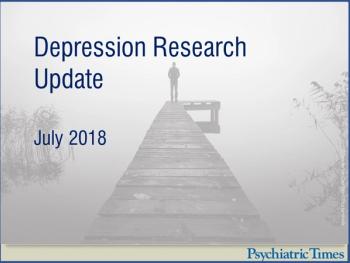
Highlights of 3 new studies investigate how to choose the best therapy for depression as well as the negative influences of polypharmacy and social media.
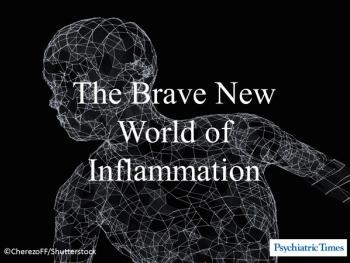
The immune-brain loop: a world where more and more clinicians boldly go-and thrive-among new discoveries.
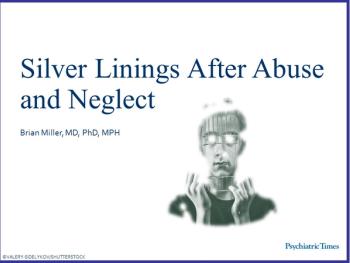
The neuroprotective role of resilience in patients with schizophrenia who experienced early childhood trauma is evaluated in this brief update.
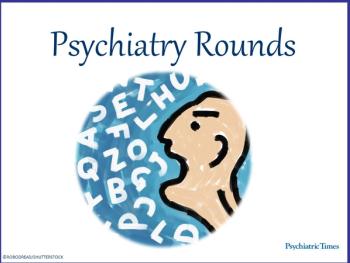
This month's roundup features noteworthy stories from around the web: the humanitarian crisis at the border, new gaming disorder diagnosis, a medication investigation of over 26,000 adult patients, a boundary-busting neurologist, and physician and celebrity suicides.
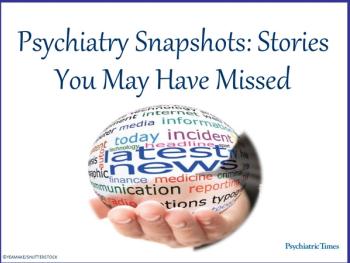
Revival of an old drug, declaration of independence for seniors, inmates doing more than time-these and other stories are covered in our monthly roundup.
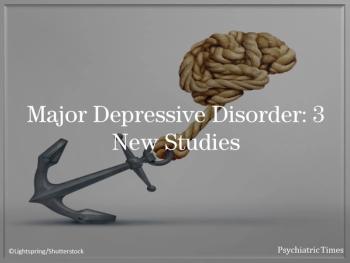
For the first time, a study has shown comprehensive evidence for the effect of depression on decline in overall cognitive function. Plus, 2 more findings.
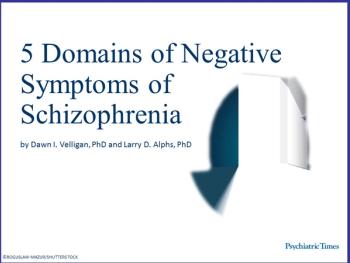
Negative symptoms identified from the Negative Symptom Assessment and the behaviors that might be observed in each of 5 domains.
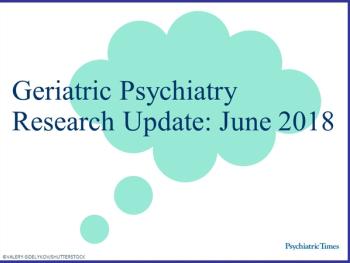
Three new studies examine research on biomarkers to predict lifetime risk of Alzheimer disease; diet and brain tissue volume; and cognitive impairment in active older adults.
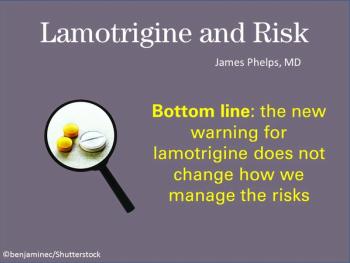
A rare but serious reaction to this treatment can have immunological consequences. As with all medications, however, the latest alert does not change how psychiatrists manage the risks.
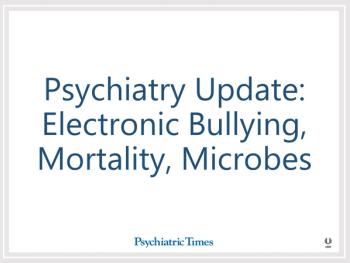
The Department of Justice apprehended a perpetrator whose electronic stalking behaviors went to the extreme. This and other editors’ choices on stories you may have missed.
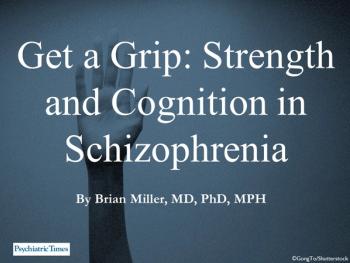
Handgrip is a simple proxy for physical strength and a clinically useful measure of muscular function. What about cognitive function in patients with schizophrenia? A large study looked into just that.
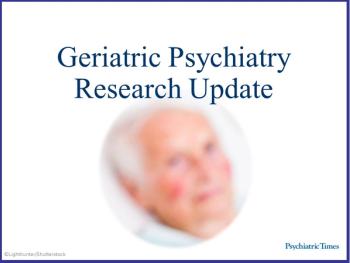
Hot off the press: Three new studies, including one that reports middle-age physically fit women are nearly 90% less likely to develop dementia decades later.
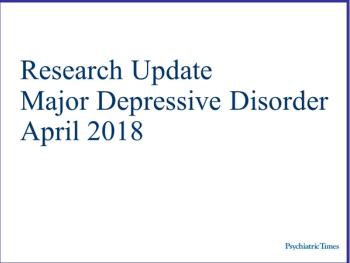
Relapse in MDD is associated with morphologic brain changes; stopping exercise may increase depressive symptoms; and inflammatory biomarkers may predict which treatment-resistant MDD patients benefit from ECT.
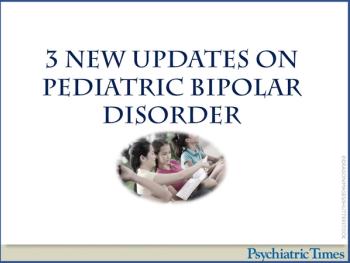
This report includes a study on patterns of prodromal psychiatric symptoms that may help identify young persons at increased risk of bipolar disorder; sibling bullying and risk of psychotic disorders; and a new smartphone app that tracks moods and predicts bipolar disorder episodes.
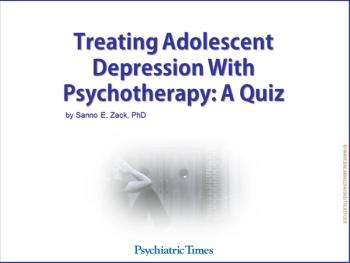
Empirically supported psychotherapeutic treatments have been shown to reduce symptoms of depression and build problem-solving skills in adolescents. Three of those treatments are discussed in this 10-question quiz.
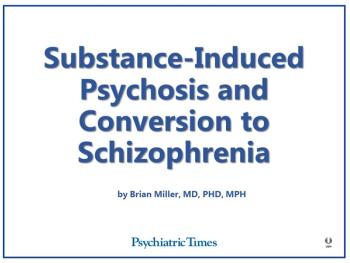
Up to 50% of cases of cannabis-induced psychosis covert to schizophrenia. A new study provides striking evidence for abuse of other substances and schizophrenia onset.
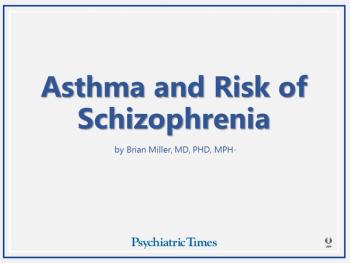
Is there a link between childhood and parental asthma and risk of schizophrenia?
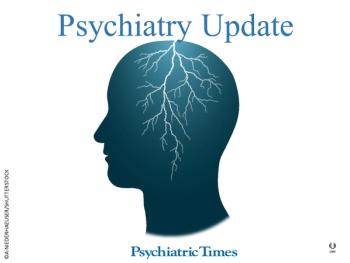
News from around the web includes reports on physician burnout, the effects of diet on brain inflammation, written exposure therapy for PTSD, Parkland, psychedelics, benzodiazepines, and social media to gauge mental health.
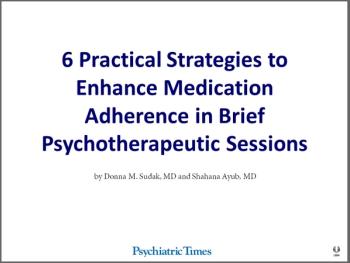
Make the most of brief psychotherapeutic sessions with these practical tips.
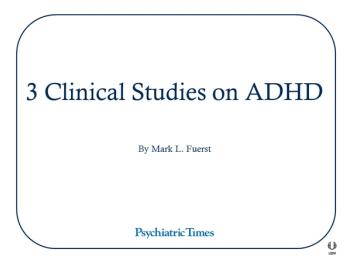
Highlights of 3 studies find that novel genetic variants for ADHD are linked to educational attainment; the prevalence of parent-reported ADHD diagnoses has not increased recently; and a video game-like intervention targets cognitive processes implicated in ADHD.
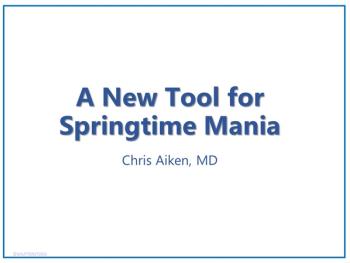
An environmental approach to mania makes it possible to “slow down the sun” and modulate the destabilizing effects of spring sunlight. More in this report.
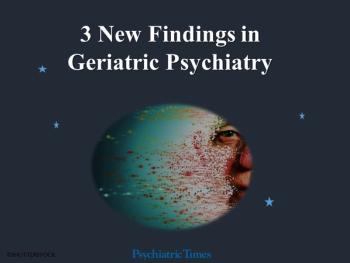
Lifestyle changes-more exercise, taking omega-3 supplements-may help those with dementia, and a protein found in the brain may be a marker for Parkinson disease. Details here.
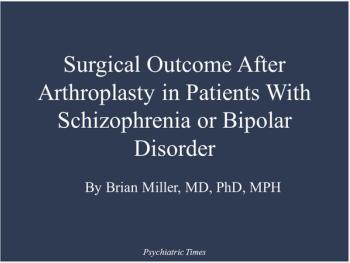
Anxiety and depression are associated with increased complications after total joint arthroplasty. Is the same true of bipolar and schizophrenic disorders?
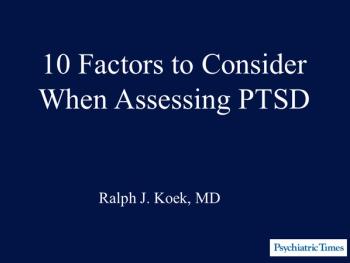
The author addresses some of the complexities in assessing and managing treatment-resistant PTSD.
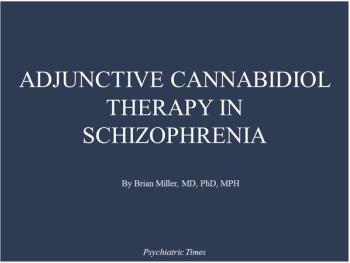
New research looks at the effects of CBD on positive and negative psychotic symptoms, cognitive performance, level of functioning, and the treating psychiatrist’s overall clinical impression.
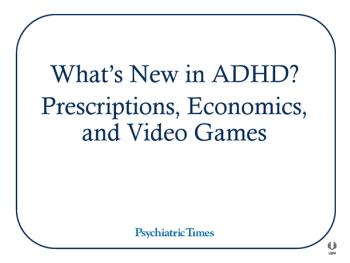
Who’s filling ADHD prescriptions now?